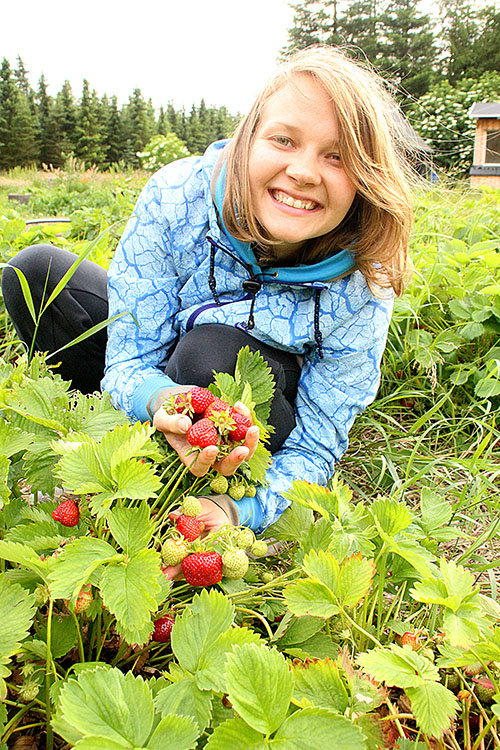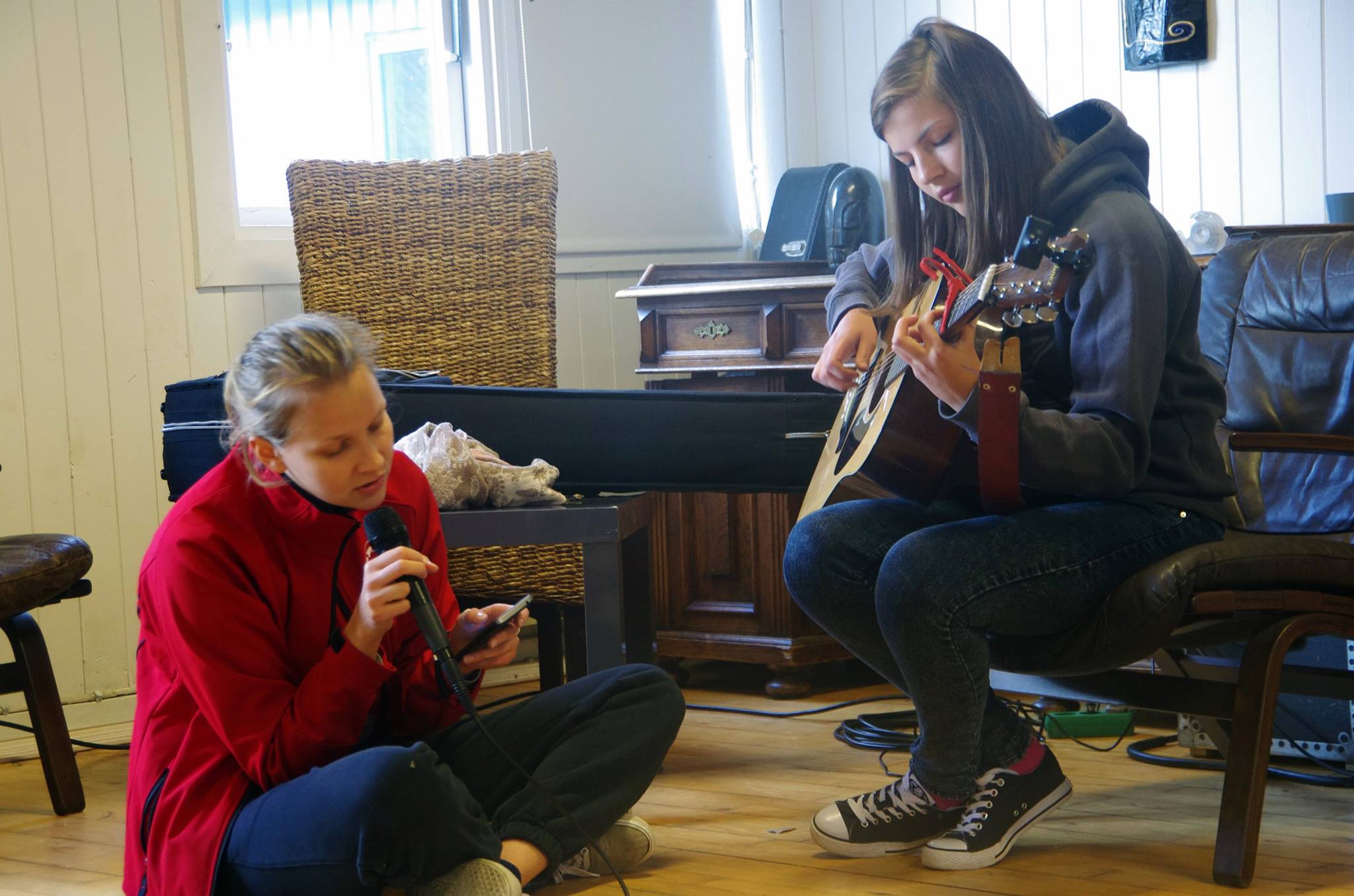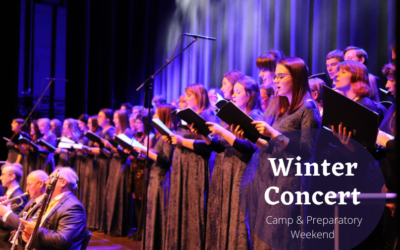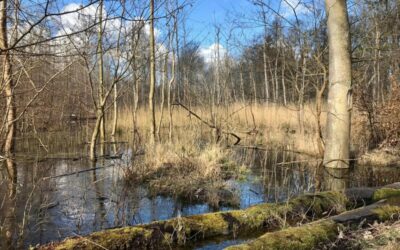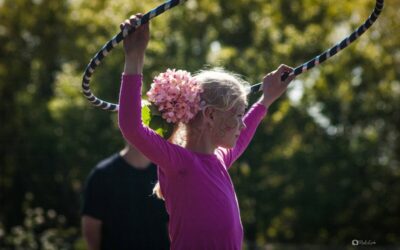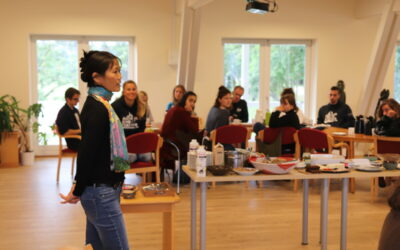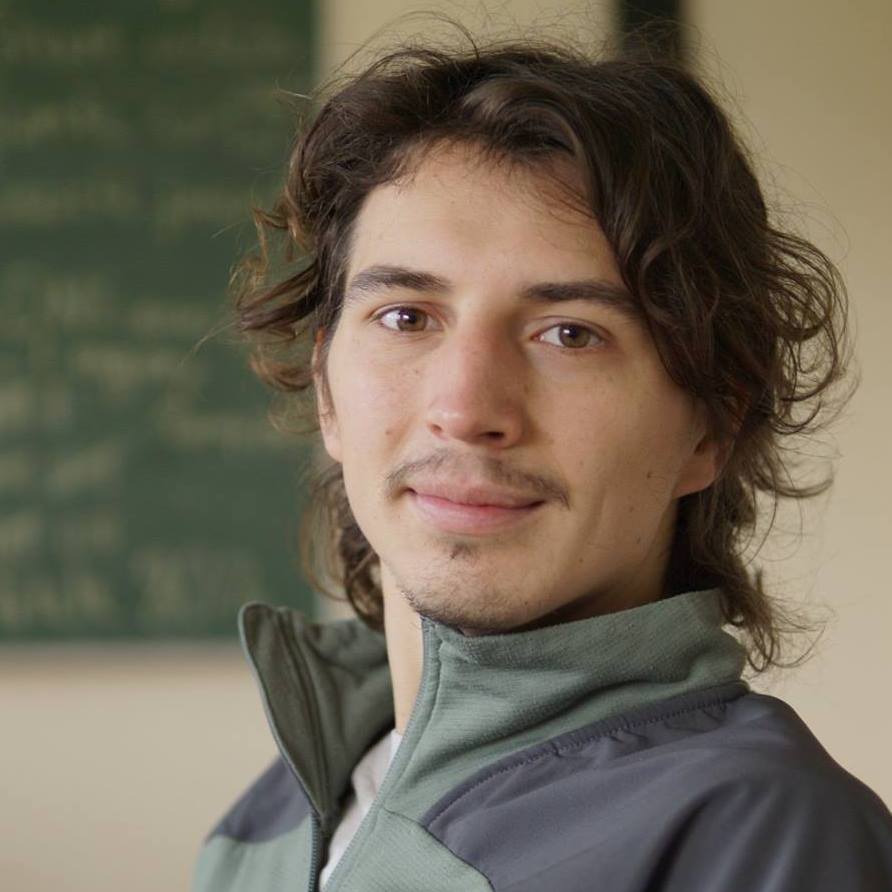Education never stops, it’s lifelong learning – Elo, alumni
My name is Elo and I am 26 years old. Originally, I come from Estonia. I am from the team DNS 2012 so I graduated in 2015. I was in Tvind for almost four years, as I had a one year saving up in Germany and Denmark.
Teaching in Denmark
I have worked as a teacher in a private school in southern Denmark ever since I graduated. I am a classroom teacher in this special school, which means that the classes are small, with only three to six people, from different ages (from 10 to 18 years old). The students all have special educational needs and most of them have a challenging behavior, which means they cannot be taught in mainstream schools.
At the time when I finished DNS I could not speak any Danish. I had had enough with improving my English. Because of the connections that I had made in Denmark through my teaching practice, I was lucky to land a job, anyway.
It never stops
Education never stops, it’s lifelong learning, and this is what I understood at DNS. The programme at DNS is very alternative, for instance that teachers and students live together, there’s a lot of community life. There’s focus on how to work together, how to deal with each other’s insecurities and differences.
I think I look at education differently since I graduated DNS. Education in general is lifelong learning. It is wrong to think, and I would be lying if I would say that you go to DNS you study for three years and then you are a perfect teacher. It’s the same everywhere, it doesn’t matter which university you study at. In three or four years, you get a good basic knowledge and understanding of what it means, but in fact you just scratch the surface.
Communal life
Coming from an old Soviet Union country, communism has been a big part of my parents’ and grandparents’ life and they have all this hate towards the Soviet Union, or communism, but there are some very good things about the communist way of living.
Communal living is also what is practiced on the Tvind campus. For me it was a great insight to see how you can prioritize other things in life. Maybe it’s wrong to say that I don’t prioritize myself, because I prioritize what is the goal of the whole community, but at the same time it can be extremely fulfilling. It is much more fulfilling to work for a common goal and community, than to only work for myself and my individual goals, as the capitalistic approach promotes.
The longer perspective
Opinions about DNS vary a lot, some people think they didn’t get much out of DNS and some people think that it’s the best thing they ever did. If you look at life in longer perspective and not just three years of life, then you can see that you really experienced a lot.
I constantly use the things I learned at DNS. The studies are really political, so it gives a much better perspective of how the world works and brings you much closer to what we should teach the kids in school.
When you are out of the campus, out of “Tvind life”, out of the community, back to your routines and back to the capitalistic approach it is easy to lose track of your ideals. You are surrounded by news and radio that persuades you to buy, throw out and buy again and the whole consumption society that we live in affects you, but then of course at the back of my head I know that it’s not right and there is a way out of it, living in community, experiencing and teaching others.
10 years of experience packed into a few years
It is difficult to point to a specific challenge or memory of my time at DNS because there are so many. What makes DNS so special is that the programme is really intense. It takes all of you and during those three years your life is very concentrated around DNS and that’s also the beauty of it. You probably experience as much as you would normally experience in 10 years. That’s what makes it difficult and not everybody can see the big picture of it.
Respecting people’s boundaries
The biggest lesson I learned from team life – living and working together with people who are completely different – is that you don’t need to be friends, you “only” need to respect each other to work together. This applies to everybody in the world.
Also, at the working place you don’t necessarily need to be friends with your colleagues, you just need to be able respect one another in order to work with each other.
People are different and have different boundaries. DNS helped me to realize that everybody has different limits, and we cannot ask everybody to do the same. This is what I use also a lot when I’m teaching. I teach the kids that we are all different personalities, and someone is good at one thing and the other one is good at something else. We need to respect each other and maybe help each other out.
We are all a bit different and weird in our own way.
More Humans of DNS
thankyou learn more meta
Thank you!You should get a booking confirmation over email.Meanwhile, feel free to explore our blogThank you!You should get a confirmation over email.Meanwhile, feel free to explore our blog
Winter Concert · January 2025
We are looking for volunteers to help us organise a big music event at the end of January!
Course: The Cuban Literacy Campaign
The Cuban Literacy Campaign and the participation of women in the campaign significantly impacted the Cuban patriarchal culture at a crucial moment. In other words, though a male-led revolution did not give women the space to organise against patriarchy, rather by actively participating in the revolution, women helped change the nature of Cuban patriarchy today.
Student experiences: “A reflection on my Teaching Practice”
Our student Nina shares some reflections on her teaching practice experience, including her considerations on the concept of the “Common Third”.
Student experiences: “Learning about Gamification in Adult Education”
In order for gamification in adult’s education to work, educators should resort to strategies such as promoting fun and engaging activities whilst creating a safe and supportive learning environment.
Building Community and Consensus: The Pedagogical Power of Common Meetings in Education
It is through weekly common meetings that we run and govern our school. Here’s why they are so important to our lifestyle and pedagogy here at DNS Tvind!


